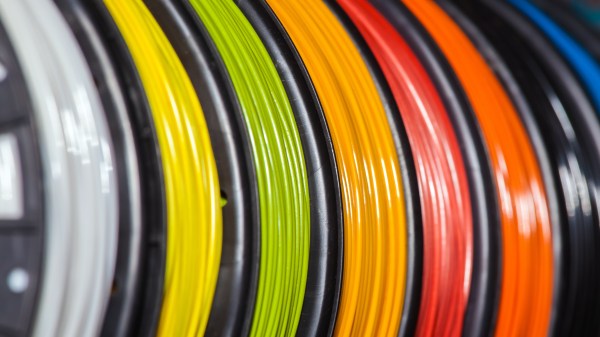By now, you’ve probably heard about Kosmos 482, a Soviet probe destined for Venus in 1972 that fell a bit short of the mark and stayed in Earth orbit for the last 53 years. Soon enough, though, the lander will make its fiery return; exactly where and when remain a mystery, but it should be sometime in the coming week. We talked about the return of Kosmos briefly on this week’s podcast and even joked a bit about how cool it would be if the parachute that would have been used for the descent to Venus had somehow deployed over its half-century in space. We might have been onto something, as astrophotographer Ralf Vanderburgh has taken some pictures of the spacecraft that seem to show a structure connected to and trailing behind it. The chute is probably in pretty bad shape after 50 years of UV torture, but how cool is that?
Parachute or not, chances are good that the 495-kilogram spacecraft, built to not only land on Venus but to survive the heat, pressure, and corrosive effects of the hellish planet’s atmosphere, will at least partially survive reentry into Earth’s more welcoming environs. That’s a good news, bad news thing: good news that we might be able to recover a priceless artifact of late-Cold War space technology, bad news to anyone on the surface near where this thing lands. If Kosmos 482 does manage to do some damage, it won’t be the first time. Shortly after launch, pieces of titanium rained down on New Zealand after the probe’s booster failed to send it on its way to Venus, damaging crops and starting some fires. The Soviets, ever secretive about their space exploits until they could claim complete success, disavowed the debris and denied responsibility for it. That made the farmers whose fields they fell in the rightful owners, which is also pretty cool. We doubt that the long-lost Kosmos lander will get the same treatment, but it would be nice if it did.












